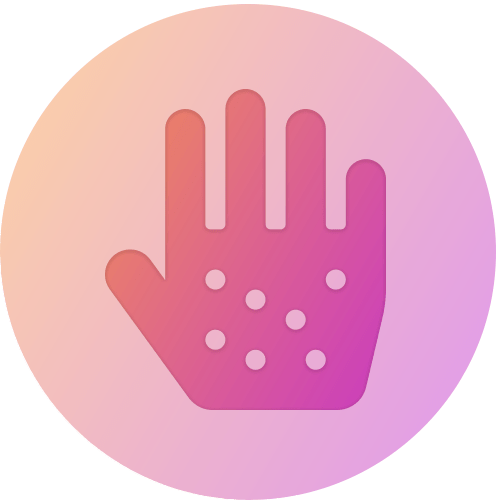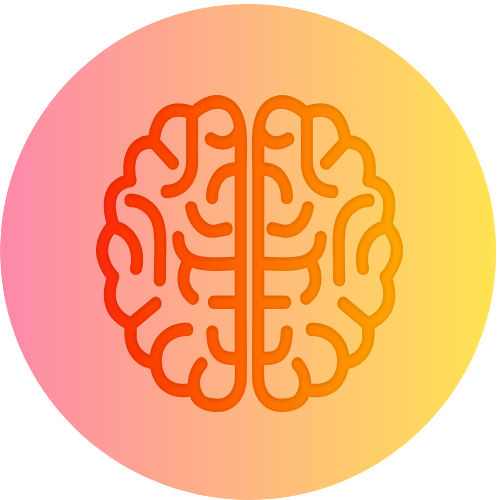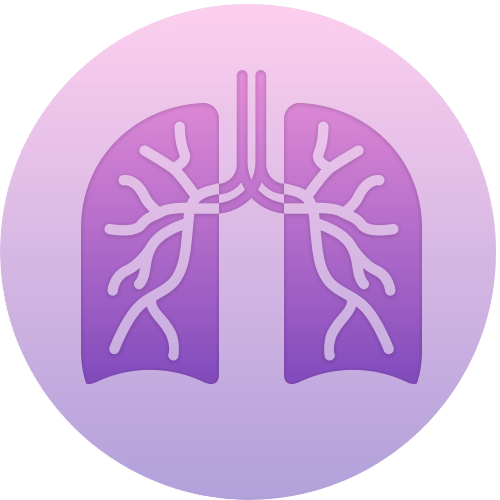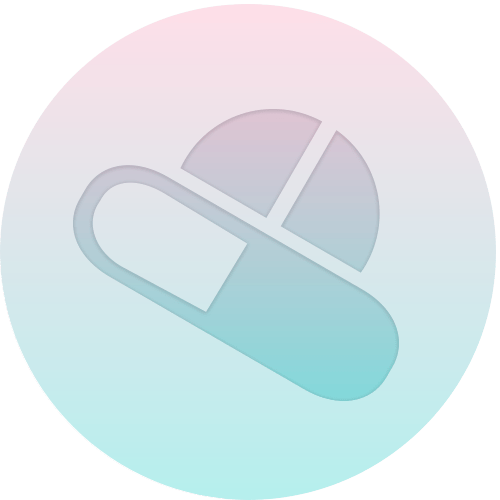My sleep is terrible…what can I do???
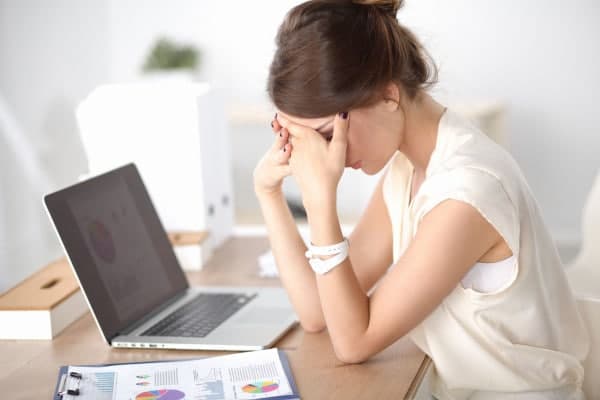
Hope you all are enjoying the first week of the school holidays. It has been extremely busy for everyone at the pharmacy. We’ve been flat out for the past few weeks. Hopefully, this week we’ll be able to catch our breath and spend more time attending to and giving you all helpful advice on any of your health concerns.
My article last week about vitamin B12 sparked great interest. I’ve been seeing many of you in the pharmacy asking about what you should be taking to boost your vitamin B12 levels.
One thing I should stress is that low iron and vitamin B12 levels are only the tips of the iceberg when it comes to lack of energy and tiredness. Many other factors could potentially contribute to it including the type of medication you are taking. So do not jump into conclusions straight away without exploring other contributing factors. Although supplementing with iron and vitamin B12 doesn’t usually cause any harm if you are taking them according to the recommended dose, it doesn’t do any good either if your body doesn’t need it. So always talk to one of us before picking any iron and vitamin B12 supplements off the shelves.
Speaking of lack of energy, I think you might find this case interesting which I came across last week.
A long-standing patient of mine came in last week after reading my email asking me if she should start taking some Vitamin B12.
I asked her: What makes you think you need vitamin B12?
She replied: I have been feeling very tired for the past couple of weeks. After reading your email, I decided to give it a go to see if it might help because the vitamin B complex I’m taking at the moment contains only a very small amount of vitamin B12.
I asked her further: So, do you mind telling me why are you taking vitamin B complex?
She said: I’ve been very stressed at work lately and I thought the vitamin B complex “stress relief” formulation might help. It did help to relax me.
I asked her more: So how often do you use it?
She replied: I have been taking it for the past 2 weeks, usually with my dinner.
I then asked: So how has your sleep been lately?
She said: I find it a little harder to get to sleep lately and some nights I woke up in the middle of the night and couldn’t fall back to sleep. I guess it’s because of my stress?
I replied: I think stress plays a role here but I also noticed a few things that I picked up from our conversation that might also be contributing to your tiredness lately.
First of all, I think it is fine to supplement with vitamin B complex during this stressful time of yours. However, I believe the time of your dose might be one of the reasons why your sleep pattern was disrupted.
Vitamin B complex tends to boost energy and increase attention, so taking them at night can lead to restlessness and insomnia. I would suggest you take it in the morning instead.
I asked: Before you go to sleep, do you usually allow your body to wind down first?
She replied: I usually take a bath most night but lately I haven’t been. I have been working in front of my computer up until bedtime.
I replied: I think that could also be another reason why your sleep quality has been greatly affected.
I usually suggest not to use your phone or the computer at least an hour before bedtime because the blue light emitted from those devices could affect our sleep.
Light affects our biological clock by turning off the melatonin production line. So, when we look at the light exposure that we have from those devices in the evening, that’s something to be very aware of because by looking at our phones or working in front of the computer in the evening, we are telling our brain its morning not evening. Subsequently, we won’t be producing enough melatonin to help us fall asleep.
She said: Oh…I see.
I replied: I think if you change the dosing time of your vitamin B complex and allow your body to wind down with no exposure to blue lights emitting from your phone or computer devices and with minimum exposure to household lights at least an hour before bedtime. Then I think you’ll sleep better and won’t feel as tired.
Try it first and let me know whether it helps before we find a supplement for you
When it comes to sleep, many patients of mine have asked what’s the best way of managing insomnia without using any drugs.
I like to think sleep is a sensory experience. I usually look at the 5 senses in the bedroom that could be contributing to promoting sleep or detracting from sleep.
1) Sight (which I’ve mentioned in the above conversation with my patient)
2) Sound – listening to soothing music (with no lyrics) for 10 minutes before you turn in for the night can help reduce stress and anxiety, help you fall asleep more easily. The key is to choose tunes you like that have a slow beat (classical or soft jazz).
3) Smell – an unpleasant smell can disturb your sleep. A room that smells musty can prevent you from falling asleep naturally. Surrounding yourself with a scent you like could help you drift off.
4) Taste – The things you eat or drink before sleep can disrupt your sleep. I always suggest stopping caffeine intake at 2 pm because caffeine has a “half-life” of about 8 hours, which means that its level is reduced, but still somewhat effective in your system after this time. Caffeine is a stimulant, and it will prevent you from either falling asleep or have a good quality sleep.
Alcohol is also another contributing factor to bad quality sleep. While alcohol can make you sleepy, it also detracts you from a good sleep by keeping you from reaching the deep stages of sleep, dehydrates you and awakens you in the middle of the night (usually to go to the bathroom)
5) Touch – the temperature of your bedroom can also affect your sleep. It is recommended that the optimum temperature for sleeping is between 18 to 19 degrees Celsius.
By following the 5 senses technique on how to sleep better, you will put yourself on the road to improved rest and greater health.
If you have insomnia or bad quality sleep and are running out of ideas, please try the above suggestions first before considering taking prescription medicines. If you have any concerns about your sleep in general, please do not hesitate to contact one of our team or myself to gain more valuable advice.
To you and your family’s health
Chris
Pharmacist







